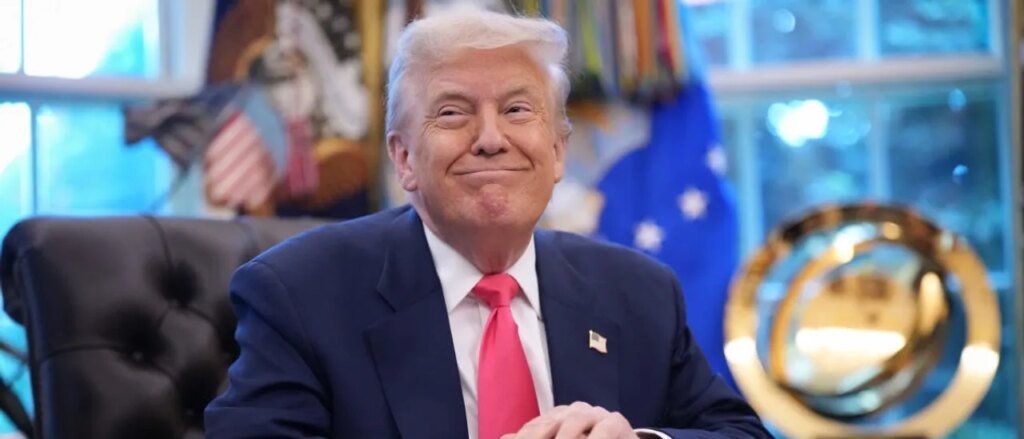Trump Secure WIC Funding Amid Senate Deadlock
Even as Senate Democrats, led by Chuck Schumer, deal with agency shutdowns, President Donald Trump has managed to fund federal programs. On Monday, the Trump administration allocated resources to the Special Supplementary Nutrition Program for Women, Infants, and Children (WIC) by utilizing revenue from the tariffs on imports. This move, amidst what Republicans are calling the “Schumer Shutdown,” is positioned as a temporary measure to prevent immediate issues.
WIC serves nearly seven million low-income pregnant women, new mothers, infants, and children up to five years old, providing critical nutritional assistance and breastfeeding support. However, essential federal workers, such as military personnel and air traffic controllers, haven’t received funding yet—and the looming deadline of October 15 is causing concern. While many may eventually receive back pay if needed, that doesn’t resolve immediate financial strains.
There’s also talk among leadership about an OMB memo suggesting that wages might not automatically return to furloughed federal employees, raising questions about the legality and ethics involved.
As Democrats navigate this complex landscape, they’re faced with a choice: Is it worth holding firm on their leftist policies and continuing the shutdown, or should they support the House-passed Continued Resolution? Recent polls indicate that nearly 40% of Democrats believe maintaining their party stance at the cost of essential services isn’t justified. Interestingly, only 28% of Senate Democrats support the idea of holding funds hostage.
This raises an overarching question: Why do Democrats feel politically secure in this prolonged struggle when many in their party seem ready to compromise? Especially when their loss in the 2024 elections was largely due to choosing more radical positions that turned moderate voters towards Republicans. It’s puzzling how they plan to win those constituents back if they’re inclined to prioritize funding for illegal immigrant healthcare over military salaries or WIC programs.
Meanwhile, as Republicans take stock of their position, they, too, must consider a populace eager for resolution. President Trump’s decision to use tariff revenue to fund WIC positions him favorably, as it addresses real issues that affect families relying on these benefits. It’s about more than merely navigating political waters; it’s about who can effectively address the needs of mothers and children.
In a recent commentary, the White House pointed out that while Democrats seemed to deprioritize the WIC program, Trump’s administration has found ways to protect it, ensuring mothers and children don’t go hungry. This, despite the ongoing political tactics at play, signals a commitment to prioritizing the American public.
Ultimately, Trump’s funding strategy undermines the Democrats’ typical political advantages by catering to the country’s most vulnerable citizens, even amid a government shutdown. If Republicans were smart, they would highlight these families’ struggles, reflecting on the sacrifices of military personnel and their families during this time.
Trump seems to grasp the significance of public perception in this narrative battle. His approach to utilizing tariff funds for WIC serves dual purposes—it places Democratic leaders in a difficult position while simultaneously ensuring support for families in need.







